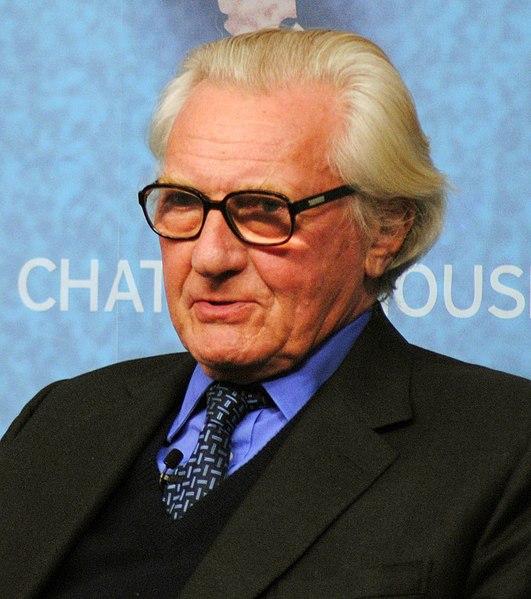
According to former government minister Lord Heseltine, there was "no alternative" to the significant closures of coal mines in the 1980s and 1990s.
Lord Heseltine, who served as President of the Board of Trade, made the decision to close over half of the UK's remaining mines nearly a decade after being involved in the Thatcher government during the 1984-85 miners' strike.
Acknowledging the devastation experienced by many mining communities due to unemployment, Lord Heseltine stressed that the closures were economically necessary.
He highlighted the challenges faced by both Labour and Conservative governments in the 1960s, 70s, and 80s in addressing the declining viability of the mining industry.
Despite the historical significance of coal mining, Lord Heseltine emphasized its adverse effects, describing it as a "dirty, dangerous, and unhealthy activity." He noted that transitioning away from coal mining had positive outcomes, with workers finding employment in healthier industries.
However, the Coalfields Regeneration Trust (CRT) charity cautioned that former coalfield communities continue to lag behind the rest of Britain decades after the closures. CRT Chair Linda McAvan emphasized the lack of investment and the widening gap between coalfields and other parts of the country.
Lord Heseltine's tenure as President of the Board of Trade saw the closure of numerous coal mines, resulting in significant job losses. He acknowledged the unpleasant nature of the decision but maintained that there was no alternative at the time. Despite sympathizing with affected communities, he believed the closures were necessary. Photo by Chatham House, Wikimedia commons.


































